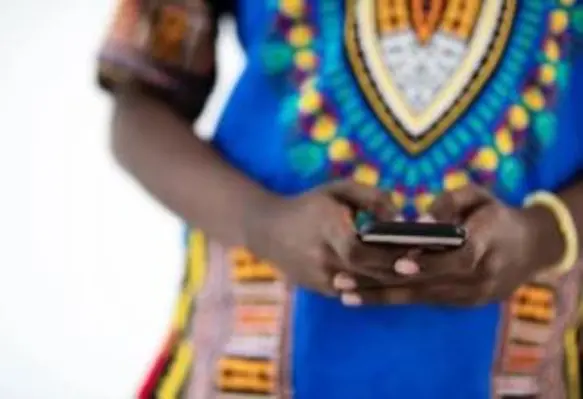Vodafone Group Plc and ITU, the United Nations’ specialised agency for information and communication technologies, have launched an initiative, with the aim that an additional 3.4 billion people could have the ability to access and use the internet through a smartphone by 2030
With mobile broadband (4G) networks now covering 82% of the population of Low- and Middle-Income Countries (LMICs), the mobile usage gap is six times larger than the mobile coverage gap.2
In line with the Broadband Commission Global Targets 2025 on affordability and connectivity, the new Working Group will identify policy, commercial and circular-economy interventions to increase smartphone access.
Co-chaired by Vodafone Group CEO, Nick Read, and ITU secretary-general Houlin Zhao, the group’s launch partners also include: the Alliance for Affordable Internet; GSMA; the government of Ghana; Safaricom; Smart Africa; Vodacom Group and the World Wide Web Foundation.
Nick Read, CEO of Vodafone Group, said, “As our societies become more digital, everyone should have the ability to find jobs, be able to get public services, financial services and critical information that are increasingly only available through the internet. This is such a complex challenge that no network operator, device manufacturer, financial services provider or national government can solve on their own – but working together we can break through the barriers.”
Houlin Zhao, secretary general of the ITU, added, “Achieving the Broadband Commission Global Targets requires a multi-stakeholder approach. I am pleased to co-chair this newly established Working Group, which will also help address the challenges posed by the COVID-19 pandemic and ensure that we put smart devices in the hands of those who are left behind.”
The Honourable Ursula Owusu-Ekuful, minister for communications and digitalisation, Ghana, commented, “While Ghana and other countries have made great strides in the development of mobile infrastructure and the usage of digital services such as mobile money, it is noticeable that 45% of people in West Africa are covered by mobile broadband networks but do not use the internet. Addressing the mobile internet usage gap is vital for the long-term economic development of my country and many others across the world and will require new partnerships and focused action from a range of organisations.”






















